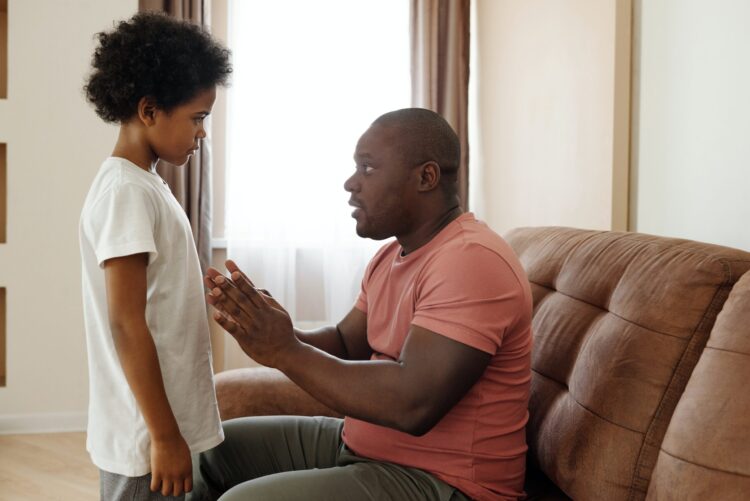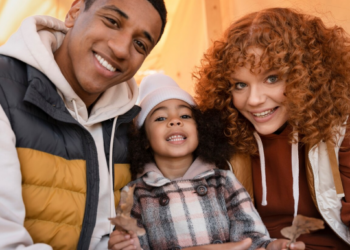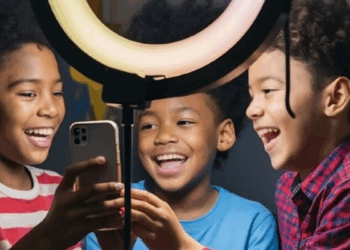Many across the world were front-and-center for the Will Smith and Chris Rock Oscar’s incident. And of course, that “many” included children. If they didn’t see the incident on Oscar’s night, by now, because of the press coverage, they have seen it many times over. Now, that the infamous slap has made its way into memes and TikToks, it is time for parents to have a conversation with their children to help the same scenario not end up on the playground. According to the experts, this is how you should talk to your kids about the Will Smith and Chris Rock incident.
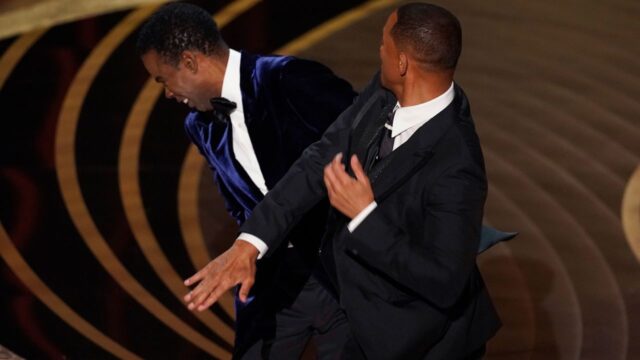
1. Determine where does teasing stand in your family?
Some families do not allow teasing at all. While others, “playing the dozens,” can be seen as a cultural skill set according to expert Kira Banks, associate professor in the department of psychology at Saint Louis University and cofounder of the Institute for Healing Justice and Equity.
“You want to be able to say to little ones that violence isn’t the answer and that we use our words to resolve things and yet we live in a complicated society where we’re in the middle of a war,” Banks said. Denying that reality “is not honest.” We have a responsibility to help them see the nuance even if we can’t package it up nicely and neatly.”
Determine where teasing stands in your family and make sure that kids know when and where. Let them know how powerful words are. Remember, “Words are, of course, the most powerful drug used by mankind.” ― Rudyard Kipling.
2. Ask questions.
The best place to start talking to your kids about the incident is to actually ask questions. According to Wendy Rice, a psychologist based in Tampa, FL., the goal is to create “thinking kids”.
“What we really want to do is create thinking kids,” Rice said in a recent interview with CNN. “How do you make it a learnable moment that kids can hear instead of parents saying, ‘No, don’t do that.’”
Some of the questions that you could ask your children to spark conversation about the incident include: What did you think when you watched Chris Rock and Will Smith? Could you understand why Smith was upset? Do you think the joke crossed a line? Do you think Smith’s reaction made sense? What were his other options at that point? How do you think Jada Pinkett Smith, who suffers from hair loss due to alopecia, felt?
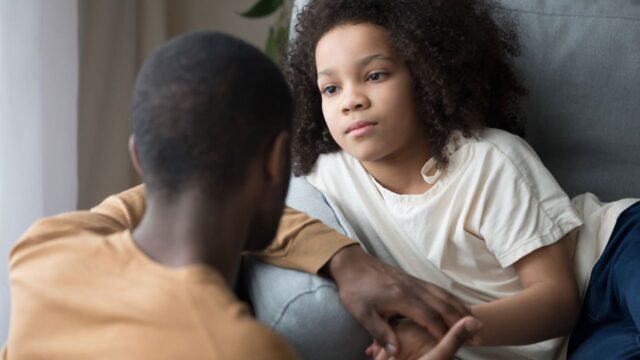
3. Model proper behavior.
We all know that children imitate what they see. Modeling proper behavior when the answers aren’t crystal clear, speaks volumes.
“When kids say things that cross the line or when parents and kids are together and they hear somebody else cross them, the parents can say, ‘Ouch, that really might have made that person feel even more badly about themselves,’” Rice said.
And of course, parents can follow-up with a question, “If somebody says something that I think is going to be hurtful to you, how do you want me to handle it?”
Get them involved in the behavior response, you can always reshape the outcome of an incident before it happens.
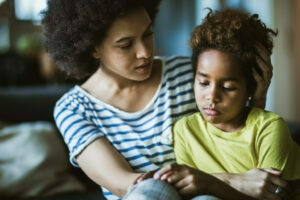
4. Leave room for experience.
According to Banks, this is not a one-time, quick conversation. These ideas are complex and will come up again and again through their lives.
Rice said, “And the truth is, they will likely have to experience for themselves getting offended and offending someone else; reacting to hurt in a way they like and in ways they don’t; and being an effective support for someone else and missing the mark.”
Rice continued with the most important take-a-way from the conversation should be, that there are “consequences as they navigate these issues, but there is also forgiveness and chances to try again.”
